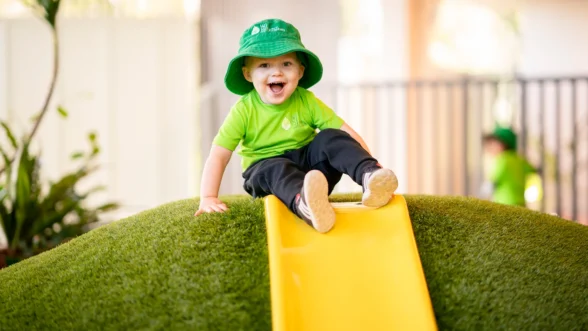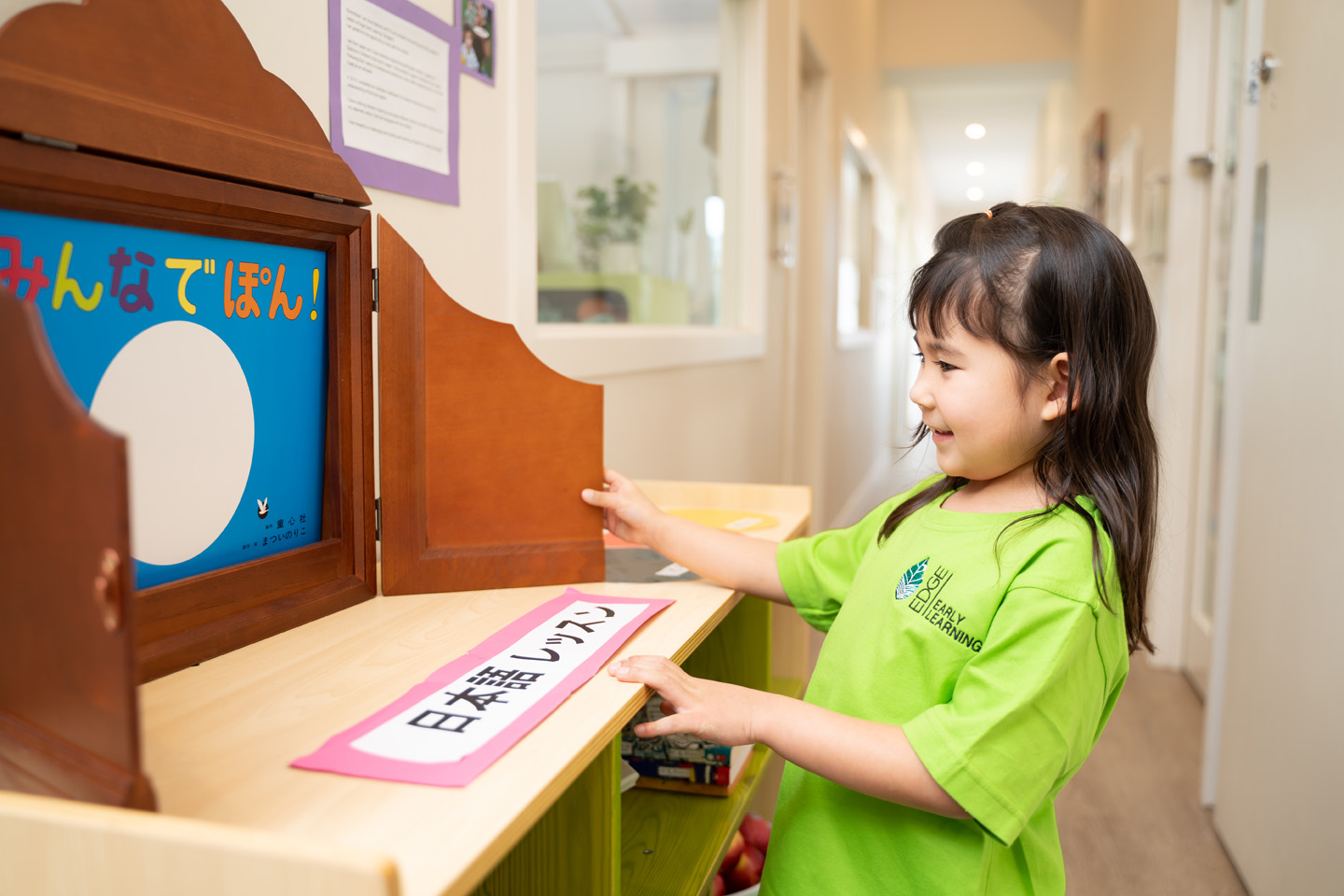
Education, Wellbeing
Education
09 September, 2026

If you’ve ever thought about teaching your children a language but hesitated over the ‘right time’ to do it, listen up – there is a right time, and it’s right now. Shannon Kelly, founder of The Cultured Kid, explains why.
Anyone who has tried to learn a language in their adult years will know how difficult it is to pick up – and maintain – this unique skill. Once you start, you’ll constantly berate yourself for not starting sooner.
When it comes to equipping our children with the life skills that will help them succeed, it goes without saying that learning a second language should not be overlooked. In our increasingly globalised world, and with the academic and economic advantages that being bilingual can guarantee, those who speak more than one language are already one giant step ahead of their monolingual counterparts. Here’s the good news: learning a language is the perfect family activity.
“Learning a language with your children is one of the most rewarding things a parent can do,” says Shannon. “Developing a skill alongside your child takes the pressure off having to know it all, and you’ll be amazed at how much fun it can be and how much you can learn from your little one.”
Shannon credits our children’s success with learning a language to their lack of inhibition when it comes to making mistakes and their willingness to give anything a go. Just be prepared for them to quickly start correcting your pronunciation, she warns! So, how should you go about teaching your children a new language? Shannon says it’s as simple as finding the fun in learning.
“Children learn really easily through fun and games and, if taught well, they will often be completely oblivious to the fact that they are learning at all!” says Shannon. “To make learning fun, create games that will help your children play their way to fluency. If it’s not enjoyable, they simply won’t learn it – nor will they want to continue with it when they get older.
“The goal when children are young is to create an environment that is conducive to learning and gets children excited. Think short videos, songs and games that help reinforce vocabulary.”
And while children certainly pick up languages faster and more easily than adults, you’ll discover plenty of benefits to learning alongside your child, as opposed to learning a language solo, too. Aside from the fact that your child is more willing to keep trying after making mistakes, you may also notice that they are more adept at hearing different tones and repeating words like a native speaker. Follow their lead, Shannon says, and you’ll learn so much more.
“Any language is easy for children to pick up – what’s most important is access to the language, because the more exposure, the better,” says Shannon. “Rather than thinking about the ‘fanciest’ language you can teach, think about what resources you have around you that will create the greatest amount of exposure and give you opportunities to practice as often as possible!”
Remember that while becoming fluent in a second language has a number of benefits, the process of learning a language is incredibly valuable, too. Learning a language is an exercise in understanding (and celebrating!) diversity and provides an opportunity for your children to connect with children from other cultures.
“Learning a language is about so much more than helping your children score better on standardised tests or improving their economic employment – though it does those things, too,” says Shannon. “Languages normalise the fact that difference is normal, and helps them understand that everyone speaks, thinks and lives in diverse and unique ways.”
To find out more about Shannon and The Cultured Kid, head to www.theculturedkid.com